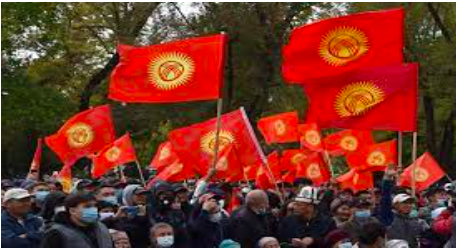Election Commission of India
Posted on : May 19, 2019Author : AGA Admin

Election Commission of India (ECI) headquartered in New Delhi, is a constitutionally mandated body that was established in 1950 with a vision to foster the democratic process in India. It consists of three members—a chief election commissioner and two other junior commissioners and they are appointed by the Indian president for six-year terms. The provision that they cannot be dismissed from the office except through parliamentary impeachment, is a guard against political manipulation and interference in the functioning of the EC, though there has been occasional allegations of favouritism against it.
The work of the EC is uphill as it has to oversee the world’s most extensive democratic exercise. In the early 21st century, there were approximately 700 million voters spread across 700,000 polling stations in diverse geographic, political, and climatic environments. In the 2019 Lok Sabha Elections, approximately 900 million voters are expected to register their preference. The ECI manages this humongous task with the help of a secretariat consisting 300 staff members and each state has a chief electoral officer with a core staff. Moreover civil officers assume the responsibilities of election officials at the district and constituency levels. To ensure a smooth electoral experience of the voters, during general elections, a large number of temporary workers—numbering almost five million people, are deputized to conduct the polling.
To ensure a fair democratic experience as well as to stay relevant, the ECI adopts several measures. These include using state-owned electronic media for the parties’ political campaigning, making efforts to check the criminalization of politics and computerizing electoral rolls and providing voter-identity cards. It issues a Model Code of Conduct for all the parties, the day it announces the electoral schedule.




